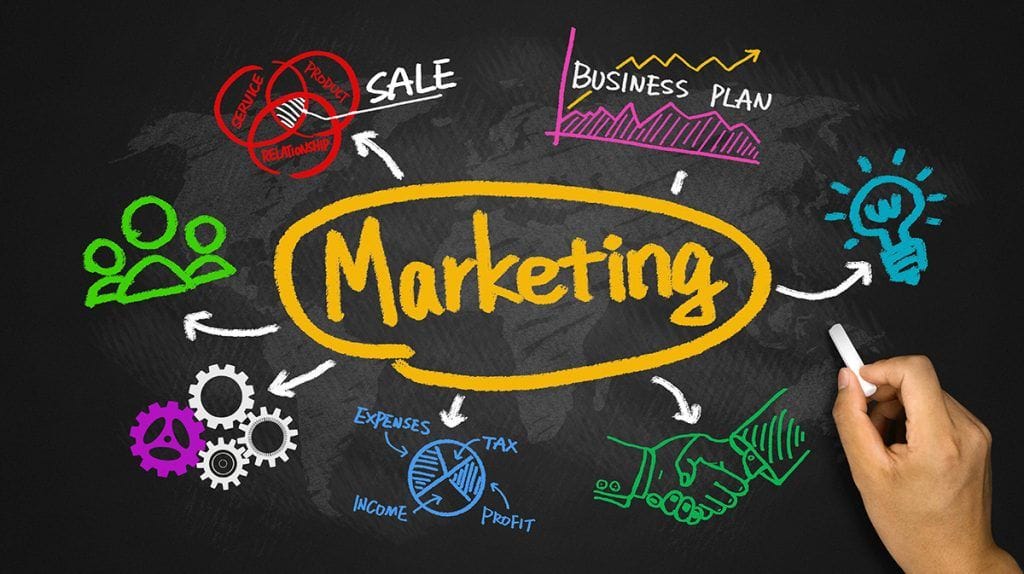‘Lead’ is a frequently heard term in the world of digital marketing and sales. But what exactly does it mean? A lead is a person who has expressed an interest in a company’s products or services, usually by sharing their contact details in exchange for something of value: a downloadable resource, a discount, or access to exclusive content. This small but crucial step marks the beginning of a potentially fruitful relationship between customer and company.
Types of leads: How to identify and manage them?
Lead management isn’t a uniform task. According to their level of interest and stage in the buying process, leads are classified into:
- Cold Leads: Prospects at an early stage, who are exploring their options, with no clear intent to buy.
- Marketing Qualified Leads (MQL): Prospects who recognise their problem and are looking for solutions, making them ideal candidates for content strategies.
- Sales Qualified Leads (SQL): Prospects who are ready to buy. These are leads who have shown enough interest to be contacted directly by the sales team.
- Product Qualified Leads (PQL): Prospects who have already interacted with a product or service (for example, through a free trial) and are at the closest point to conversion.
The role of leads in business expansion
Leads are the foundation for business growth. A strong lead generation strategy can facilitate business internationalisation and enable qualified data-driven sales teams to close more effective deals. In addition, tools such as sales automation and CRM systems allow you to efficiently manage these opportunities, optimising resources and maximising conversions.
How to optimise lead management in the sales funnel
The process of converting leads into customers requires a perfect alignment between marketing and sales. The key lies in:
- Implementing a lead scoring system to prioritise the most promising contacts.
- Using sales automation to nurture cold leads into SQL.
- Applying customised sales strategies based on data analytics to ensure a targeted and effective approach.
Effective strategies to retain customers
The relationship doesn’t end when a lead becomes a customer. Customer retention strategies such as personalised onboarding, ongoing support, and constant communication are essential for building customer loyalty and converting them into brand advocates.
Essential tools for lead management
From lead generation to sales analytics, having the right tools is essential. CRM systems, combined with business consulting services and online sales strategies, can completely transform the way companies approach business development and business expansion.
Leads as catalysts for business success
A lead is not simply a record in a database; it is an opportunity to connect, solve problems and build lasting relationships. By implementing strong lead generation and management strategies, not only can you boost your business expansion, but also forge a position as a leader in your industry.
naifman, generating business opportunities
At naifman, we can help advance your business with our Commercial Outsourcing service. We are experts in supporting the successful expansion of tech companies, offering you a sales force that is flexible and aligned with your objectives. Are you ready to elevate your strategy to the next level? Email us at support@naifman.com, fill in our contact form or schedule a meeting today.





